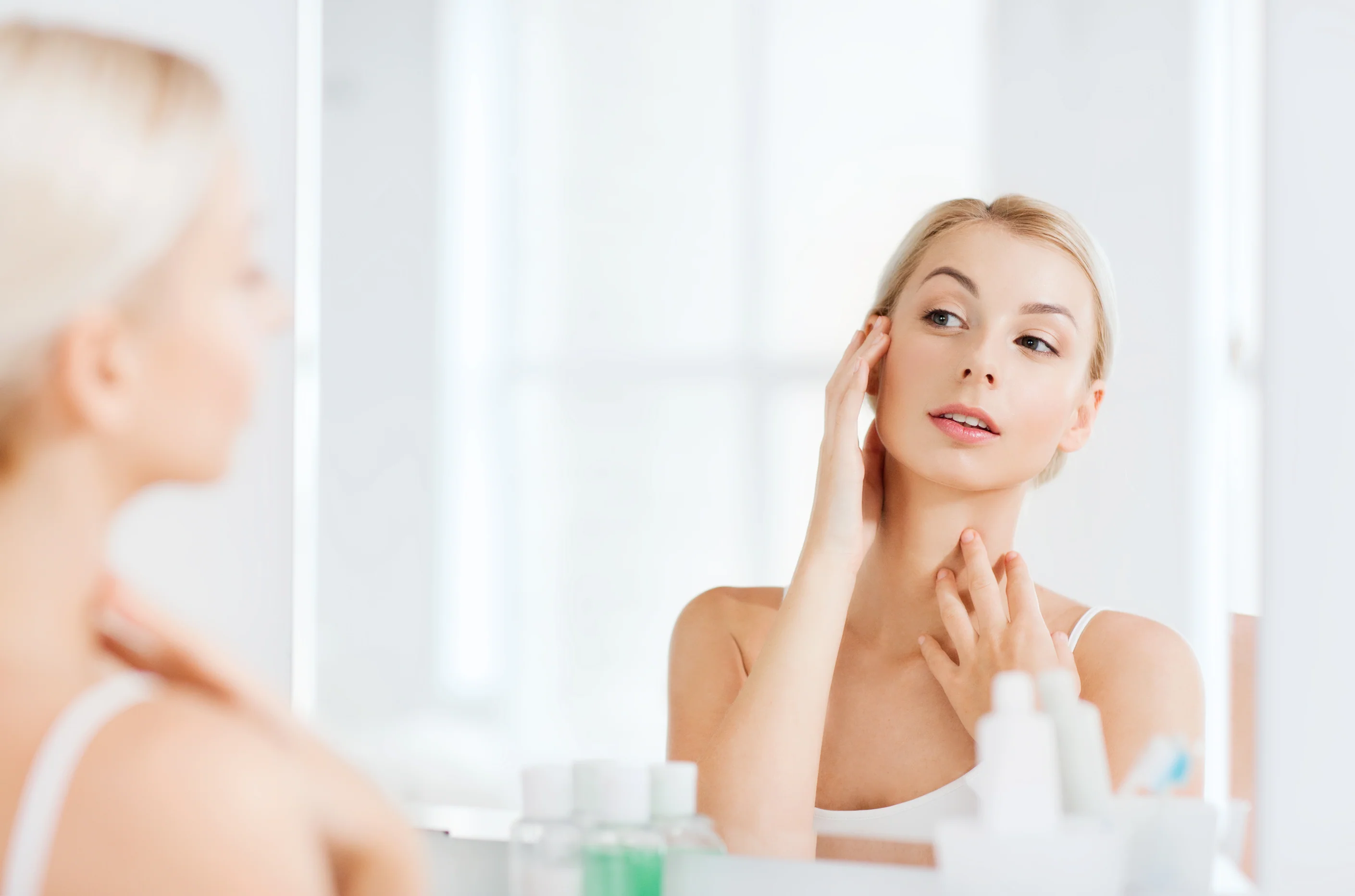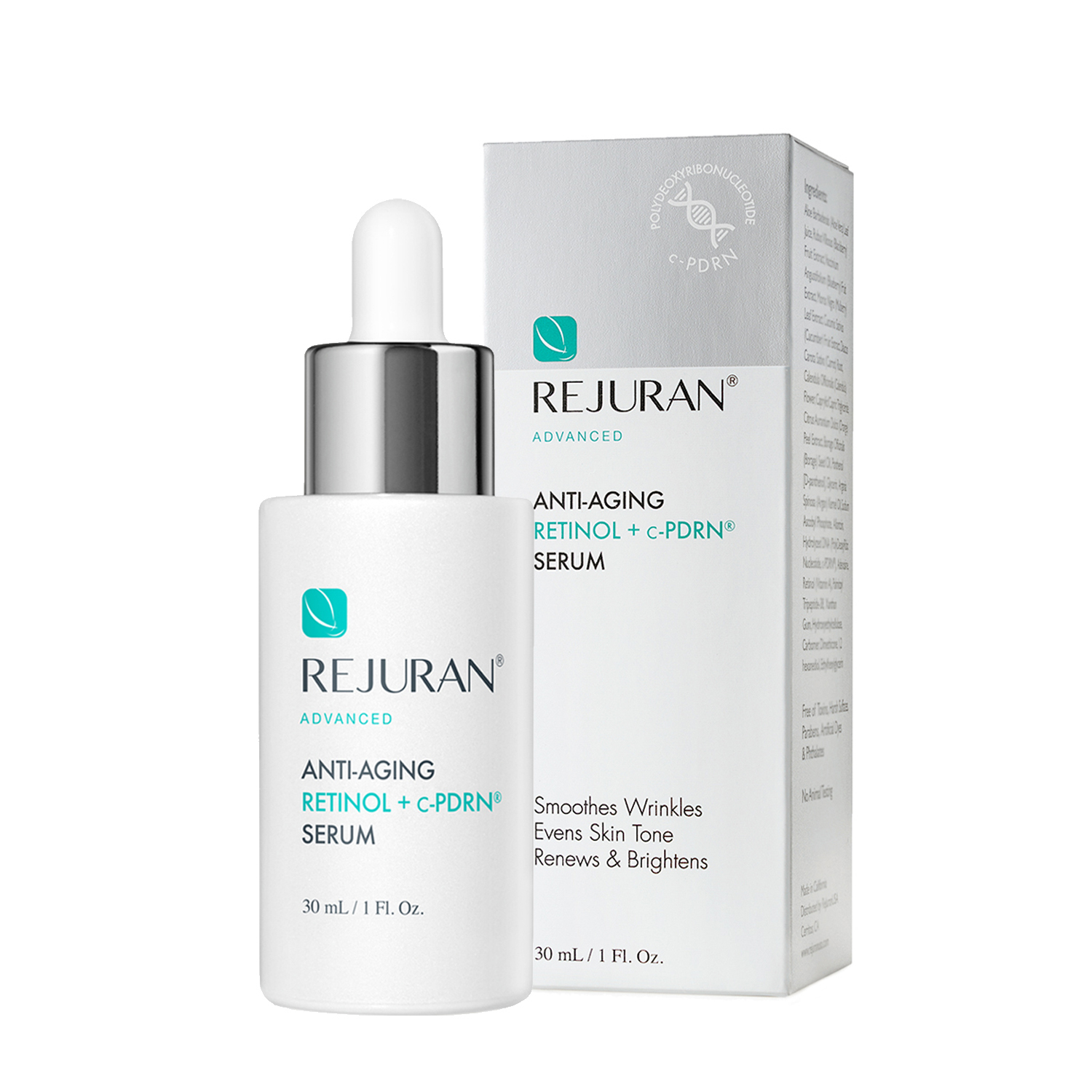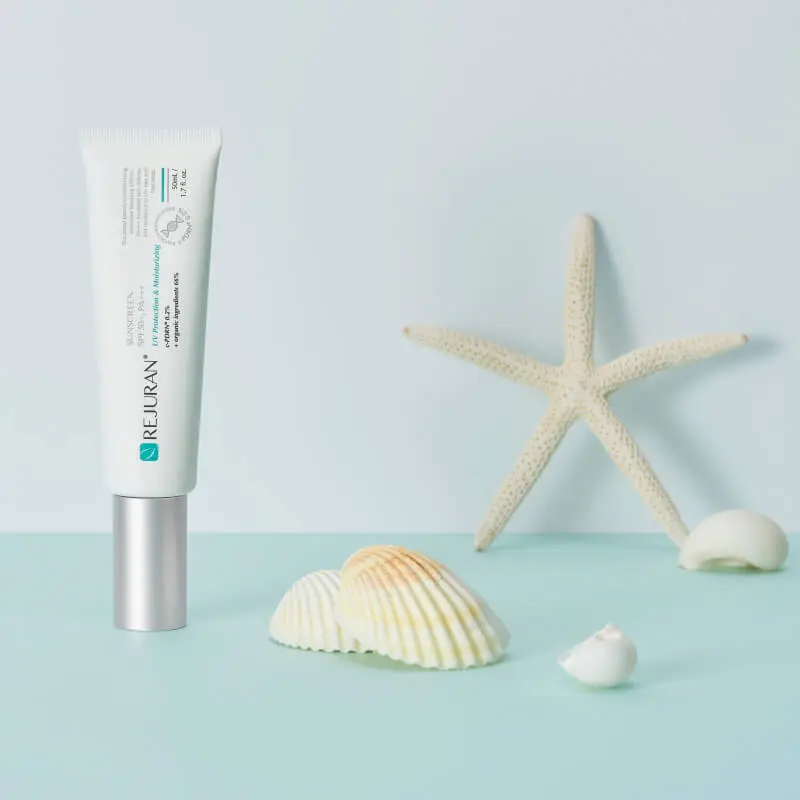Tell Me More About Retinol
Mar 14,2023 | Yean Ching, ART:DIS

Most routine skincare users have heard of Retinol, and it seems to be the new buzz word 'in town'. But, few people understand what it actually does.
Although Retinol is a synthetic derivative of Vitamin A, it actually falls under a broader category of retinoids. When applied topically this product will convert into retinoic acid through specialized enzymes that are found within the skin. While retinoic acid can be applied topically it can be harsher than retinol creams or serums, as it does not naturally convert over time.
Retinol was first approved in the 1970s more to be used for acne patients, to improve cell turnover and prevent the clogging of pores. As it help defend against blemishes, it also does the job of improving the way your skincare products penetrate your skin, towards desired results.
These days, Retinol can be found in a wide range of beauty and cosmetics products that you can usually buy over the counter. However, you may opt to consult with a cosmetic skincare provider who may also prescribe retinol to you, depending on your skin condition.
What I like about using cosmetics with Retinol is that it can make my skin look and feel softer, smoother, and giving me that feel good radiant glow effect. Oh, and it does help decrease fine lines and wrinkles (as I'm above 40), while improving collagen production too.
To reiterate, retinoids reduce fine lines and wrinkles by increasing the production of collagen. They stimulate the production of new blood vessels in the skin, which than improves skin tone and color.
Additional benefits include fading age spots and softening rough patches of skin. Realistically, it takes 3 to 6 months of regular routine use before clear improvements in wrinkles are apparent, with best results estimated around 6 to 12 months. This is really depends on the current skin condition.
Do be mindful that Retinoids can cause skin dryness and irritation, and it might be wise to check with your trusted skin specialist or doctor when using cosmetic products with Retinol.
Doctors often recommend using them only every other day for a start, and then gradually working up to nightly applications. It is also recommended to wear a sunscreen during the day as retinoids increase the skin's sensitivity to sunlight.
Lastly, Retinol comes in a variety of strengths. Recommend to start on a 0.25 to 0.5 strength and use it 2 to 3 times a week. If your skin is not irritated then you can move up to using it 4 nights a week.

Article contributed by : Yean Ching, ART:DIS
.jpeg?w=1400&h=650)



